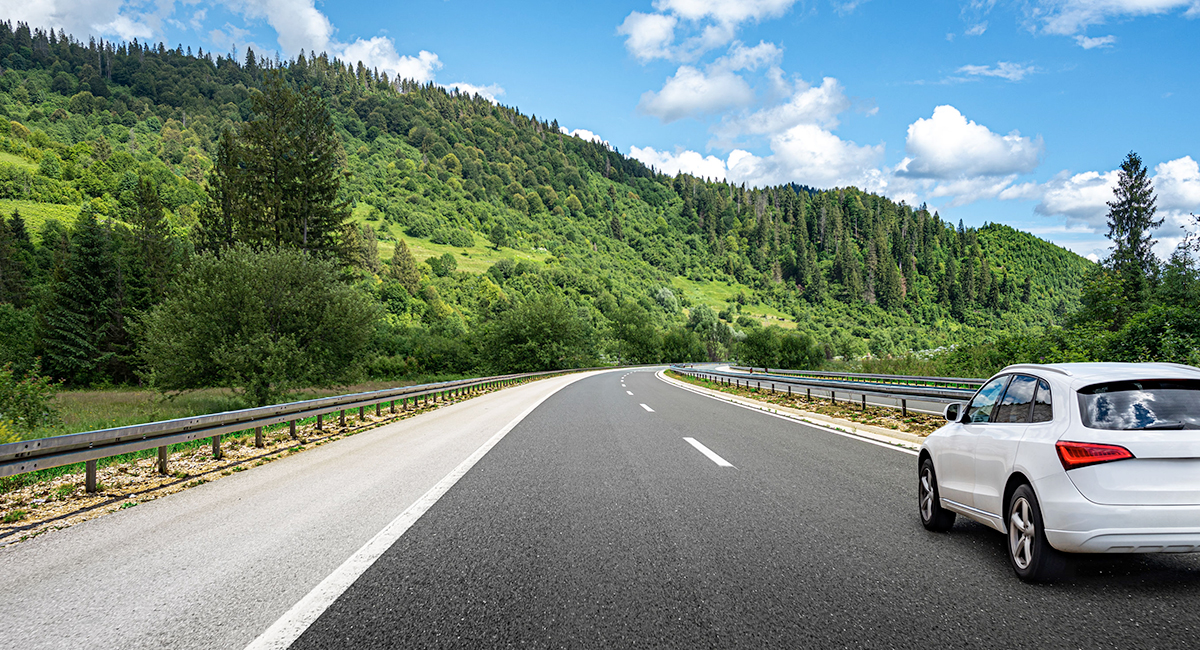It happened again, just last week. I mentioned at lunch that I was a libertarian, and one of my lunch mates snorted and said, “What a hypocrite. I bet you drove here today on a public road, didn’t you?”
For some reason, a lot of folks think this is a knock-down argument against classical liberalism, because in their view we all just want to “free ride” (literally, in this case) by enjoying things paid for by others without contributing any of our own income as taxes.
Since we all run into this (dumb) argument all the time, I asked my usual question. I have worked to get it down to the fewest words possible, because it has more impact that way. My question is this: “If the slave eats the food provided by the master, does that mean the slave consents to slavery?”
Well, no. Interestingly, many slave-owners actually did consider their slaves “ungrateful” if they ran away. After all, the owners had provided food, housing, and clothing, which was expensive! Clearly, the owners were telling themselves a mythical story about “positive good,” meaning that Africans were better as slaves in America than as free people in their homeland. But the point is that food, and access to food, was a mechanism of control in the coercive system of slavery.
Now, to be clear, citizenship is not slavery. I was just making the point that if one is trapped in a system, then doing what one has to do to survive in the system is not an endorsement of the system. Slavery is a reductio ad absurdum, not a simile, in this response.
It is an effective rhetorical response, though, because the critic has to defend on two fronts: (1) the monopoly provision of road services by the state, and (2) the coercive financing of roads from tax revenue, rather than user fees. In fact, “the roads” is a singularly ineffective example of the reasons why libertarians might be mistaken, because roads are actually not public goods in the first place.
The description of how the highway system became a state monopoly is quite interesting, as described by Jim Bennett in his recent Independent Institute book, Highway Heist. Interestingly, the American fixation on state roads, arising perhaps from “the American System” of infrastructure creation, is not a feature of other nations’ cultural framework, even in the “socialist” nations of northern Europe. Cooperative, voluntary road-building and maintenance is not an option in the US, so the fact that I use “public” roads does not mean that I endorse the monopoly provision of transportation infrastructure.
Which brings me to the larger point, and the real core of the disagreement between classical liberals and collectivists. The threat of coercion, even violence, is not always a problem. The ability to make a promise that I can be forced to keep is actually a benefit, an element of liberty. So having some means of enforcing contracts, even if that involves what would look to an outsider like coercion, is something that transcends the public/private divide. The real problem, as I argued here, is that the state insists on controlling exclusive powers to provide such services, ranging from enforcement of contracts to the building of roads. John Hasnas makes the argument at greater length, and in much better form, in the University of Wisconsin Law Review in 1995.
What all this really comes down to is the question of actual consent, and the existence of an exit option. For a “choice” to be voluntary, there has to be a minimally acceptable alternative. If there is no alternative, the choice is not voluntary, and so the observer cannot infer that accepting the state’s “offer” to use the road’s is an endorsement.
Suppose that someone stole all my belongings, and later offered to return some portion of those belongings to me. Should I be grateful? Certainly not. But I might well accept the offer, since the alternative is even worse. Having resources taken from you against your will, and then accepting the return of some of those resources, in the form of a monopoly road system, does not make you a free rider.











